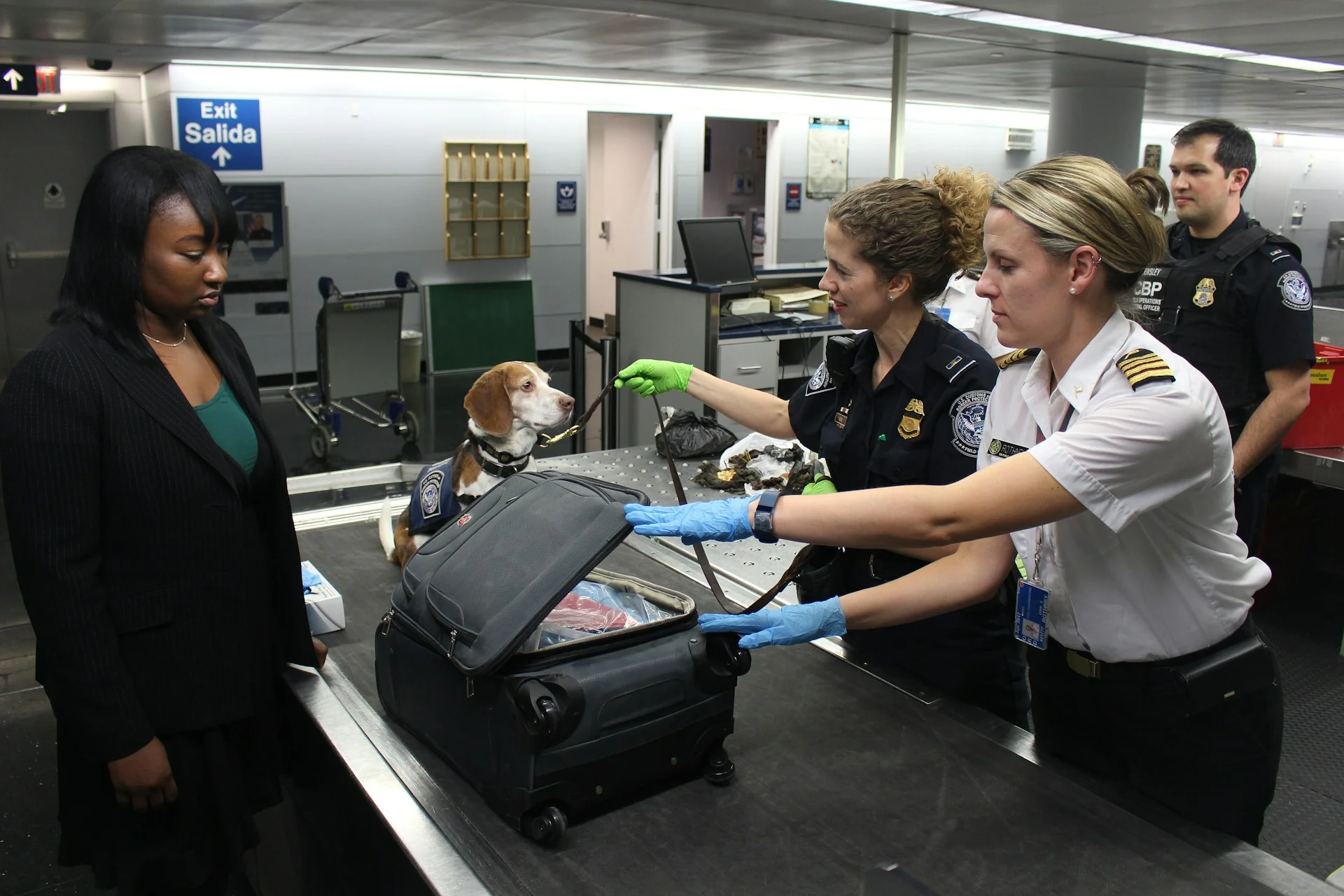A Significant Victory for Privacy Rights
In a groundbreaking decision, a federal judge in New York has ruled that Customs and Border Protection (CBP) agents cannot search travelers’ phones without a warrant. This ruling reinforces the Fourth Amendment, which protects against unreasonable searches and seizures, marking a significant milestone in the ongoing debate over privacy rights at U.S. borders.
The Ruling’s Reach and Its Implications
While the ruling currently applies only to New York’s Eastern District, its implications could extend much further. This district includes John F. Kennedy Airport, one of the busiest airports in the country, making the decision highly impactful. According to CBP’s enforcement statistics, over 230,000 electronic device searches were conducted at U.S. borders between the 2018 and 2023 fiscal years. The ruling could set a precedent, challenging similar practices across the nation.
The Case of Kurbonali Sultanov
The case that led to this pivotal ruling involved Kurbonali Sultanov, a naturalized U.S. citizen from Uzbekistan. Sultanov was ordered to hand over his phone to CBP after his name triggered an alert on the Treasury Enforcement Communications System, identifying him as a potential suspect in a child sexual abuse material case. Despite claiming he had no choice but to comply, Sultanov was subsequently questioned by officers from the Immigration and Customs Enforcement’s Homeland Security Investigations (HSI) unit.
The HSI agents eventually obtained a warrant for Sultanov’s phone, but he argued that the initial search without a warrant violated his Fourth Amendment rights. Judge Nina R. Morrison ruled in favor of Sultanov, declaring the initial search unconstitutional. However, she denied his motion to suppress the evidence obtained from the warranted search, citing the agents’ good faith.
Past Rulings and Future Implications
This decision contrasts sharply with a 2021 U.S. appeals court ruling in the Alasaad v. Mayorkas case, which permitted CBP to conduct warrantless searches of travelers’ phones and other electronic devices without reasonable suspicion. Judge Morrison referenced this case and others in her ruling, emphasizing that the distinction between manual and forensic searches is insufficient to bypass the Fourth Amendment’s warrant requirement.
“Particularly in light of the record before this Court regarding the vast potential scope of a so-called ‘manual’ search, the distinction between manual and forensic searches is too flimsy a hook on which to hang a categorical exemption to the Fourth Amendment’s warrant requirement,” Morrison wrote. She argued that this distinction might become even less relevant as technology evolves.
The Role of Advocacy Groups
The case has garnered significant attention from advocacy groups, including the Knight First Amendment Institute at Columbia University and the Reporters Committee for Freedom of the Press. These organizations filed amici briefs, arguing that warrantless searches of travelers’ phones at ports of entry threaten the freedom of the press and individual privacy. Morrison echoed these concerns, stating that journalists and political opponents could be particularly vulnerable to such invasive searches.
Scott Wilkens, senior counsel at the Knight First Amendment Institute, praised the ruling, stating, “As the court recognizes, warrantless searches of electronic devices at the border are an unjustified intrusion into travelers’ private expressions, personal associations, and journalistic endeavors—activities the First and Fourth Amendments were designed to protect.”
Increased Scrutiny and Legislative Action
In recent months, CBP’s ability to search travelers’ phones has faced increased scrutiny. In April, a bipartisan group of senators, including Gary Peters (D-MI), Rand Paul (R-KY), Ron Wyden (D-OR), and Mike Crapo (R-ID), sent a letter to Homeland Security Secretary Alejandro Mayorkas, seeking information on what data is retained from these searches and how it is used. They expressed concern that current policies might exceed the intended scope of border search authority.
Conclusion
The recent ruling requiring customs agents to obtain a warrant before searching travelers’ phones at ports of entry is a monumental step in protecting privacy rights under the Fourth Amendment. While the decision currently applies only to New York’s Eastern District, its broader implications could influence national policies and practices, ensuring that personal privacy is respected even at the borders. As the legal landscape evolves, this ruling may serve as a critical reference point in the ongoing battle between security measures and individual privacy rights.


